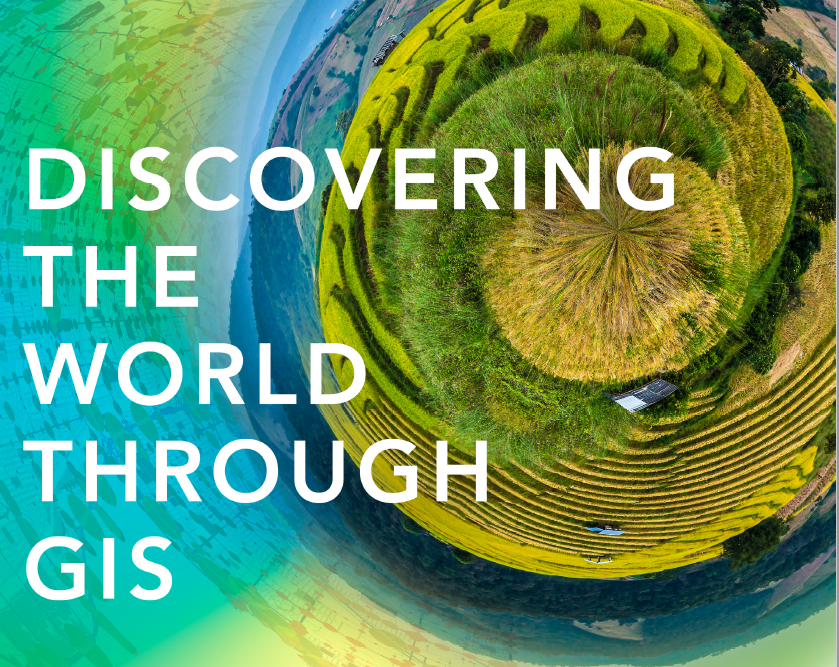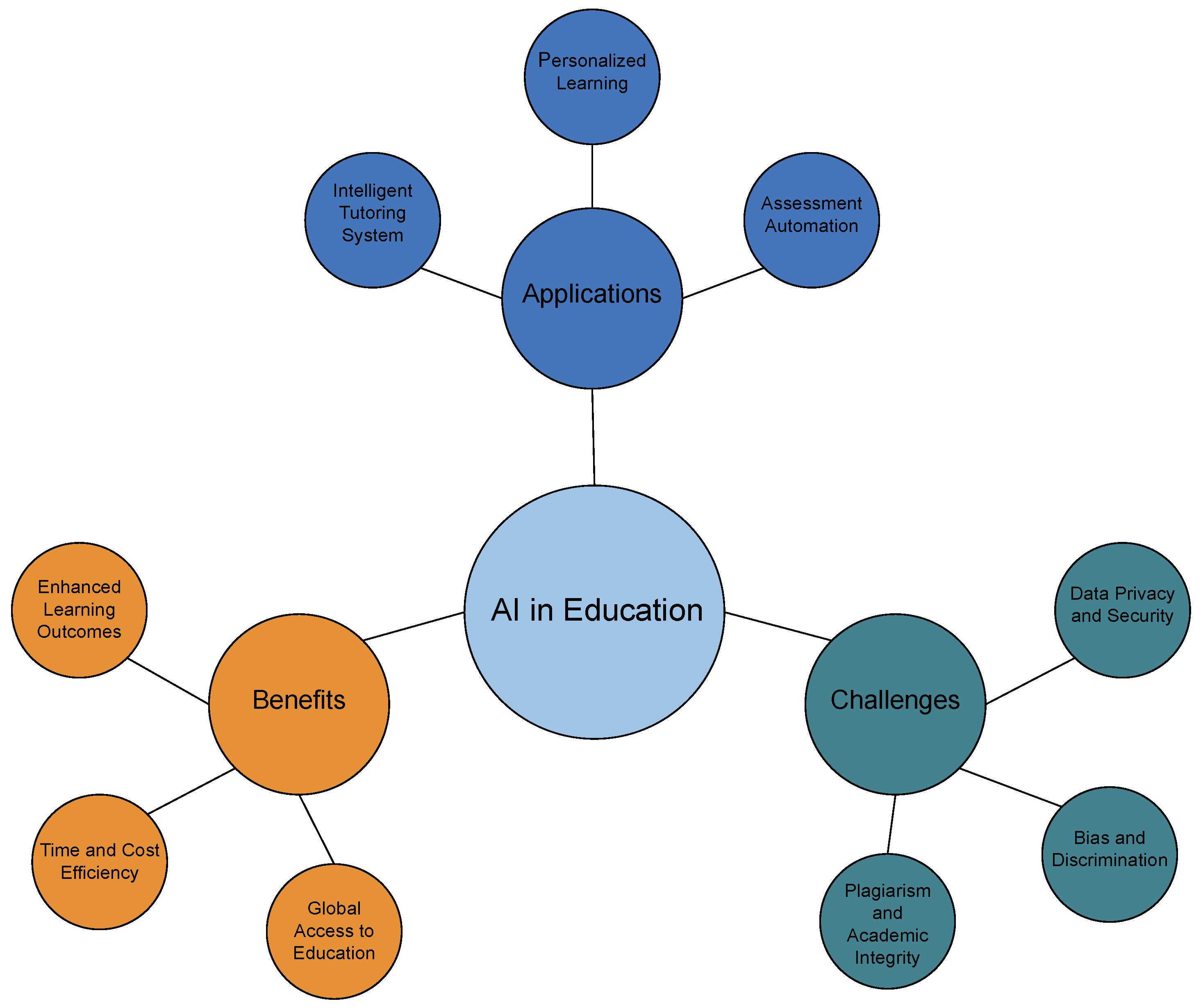Science has undeniably revolutionized our understanding of the world, shaping the intellectual history of human civilization as we know it. From the ancient philosophers pondering the nature of the universe to the modern era of technological advancements, the evolution of scientific ideas has significantly impacted the public understanding of science.

Credit: www.lib.cua.edu
Intellectual History of Science
The intellectual history of science traces back to the ancient civilizations, where philosophers like Aristotle and Pythagoras laid the groundwork for rational inquiry and empirical observation. In the Renaissance, the likes of Galileo and Copernicus challenged prevailing beliefs about the cosmos, paving the way for a more evidence-based approach to understanding the natural world.
In the 18th and 19th centuries, the Scientific Revolution led to groundbreaking discoveries in physics, chemistry, and biology, ushering in an era of unprecedented scientific inquiry. The works of luminaries such as Newton, Darwin, and Maxwell fundamentally transformed how we perceive the universe and our place within it.
Public Understanding of Science
As scientific knowledge expanded, the public’s understanding of science also evolved. The dissemination of scientific ideas through education, literature, and media has played a crucial role in shaping public perception of scientific concepts.
Furthermore, the advent of the internet and social media has allowed for greater accessibility to scientific information, empowering individuals to engage with and comprehend complex scientific topics at an unprecedented level. Scientific outreach initiatives, such as public lectures and interactive exhibits, have also contributed to enhancing public understanding of science.

Credit: medium.com
Challenges and Opportunities
Despite the progress made in fostering public understanding of science, challenges persist. Misinformation and pseudoscience proliferate in the digital age, creating barriers to accurate scientific comprehension. Addressing these challenges requires a concerted effort to promote scientific literacy and critical thinking skills.
However, there are also significant opportunities to enhance public understanding of science. Collaborative efforts between scientists, educators, and communicators can amplify the impact of science outreach initiatives, making scientific knowledge more accessible and engaging for the public.
Implications for the Future
Looking ahead, the intellectual history of science and its intersection with the public understanding of science holds profound implications for the future. Advancements in fields such as artificial intelligence, biotechnology, and climate science will continue to shape the trajectory of human knowledge and innovation.
By nurturing a scientifically literate society, we can equip individuals with the tools to critically evaluate information, participate in informed decision-making, and contribute to the ongoing dialogue surrounding scientific advancements.
Frequently Asked Questions Of Intellectual History And Public Understanding Of Science: Unveiling The Transformative Power
Faq 1: What Is Intellectual History And Why Is It Important?
Intellectual history explores the development of ideas and their impact on society, helping us understand our roots.
Faq 2: How Does Intellectual History Contribute To The Public Understanding Of Science?
By tracing the evolution of scientific ideas, intellectual history helps the public comprehend the context and significance of scientific breakthroughs.
Faq 3: What Role Does Intellectual History Play In Shaping Scientific Thinking?
Intellectual history nurtures critical thinking by examining past theories and their impact on the scientific method, fostering innovation and progress.
Faq 4: How Does Studying Intellectual History Enhance Our Appreciation Of Scientific Achievements?
By studying intellectual history, we gain insights into the challenges scientists faced, deepening our admiration for their contributions to knowledge.
Conclusion
In conclusion, the intellectual history of science has indelibly influenced the public understanding of science, shaping how we perceive the natural world and our place in it. Embracing the challenges and opportunities in promoting scientific literacy is essential for fostering a more informed and engaged society, poised to navigate the complexities of an increasingly interconnected world.
Guest Author Sakhawat-Shuvo wrote and edited this Article based on his best knowledge and understanding. These opinions and remarks are not endorsed or guaranteed by epichistoria.com or EpicHistoria. The Epic Historia does not guarantee this article’s content. Readers should verify and use their judgment before trusting the content. Also, the Images used in this Article are the copyright of their Respective Owners. Please use our Comment Box or Contact Us form to report this content. This information is not accountable for losses, injuries, or damages.

